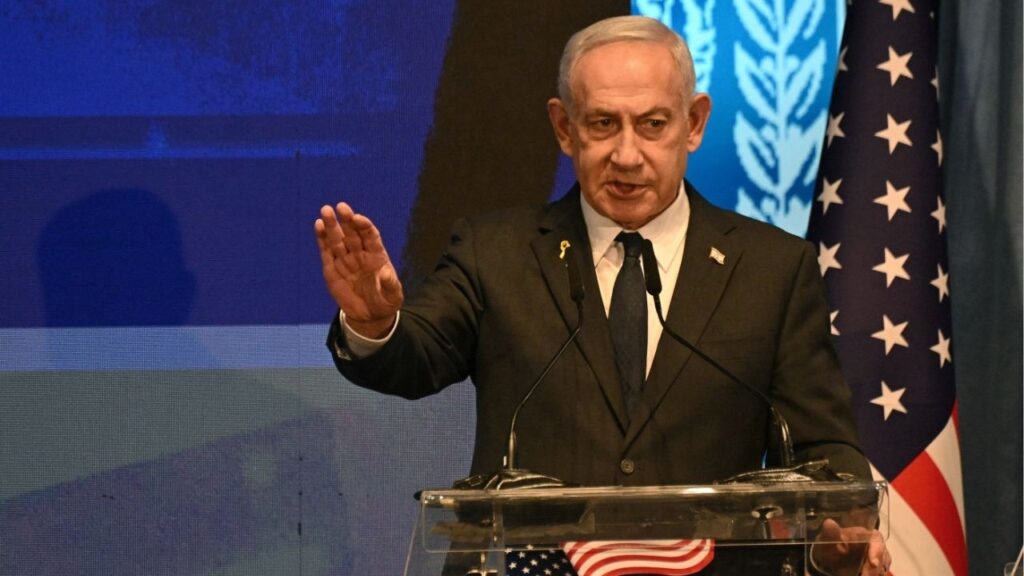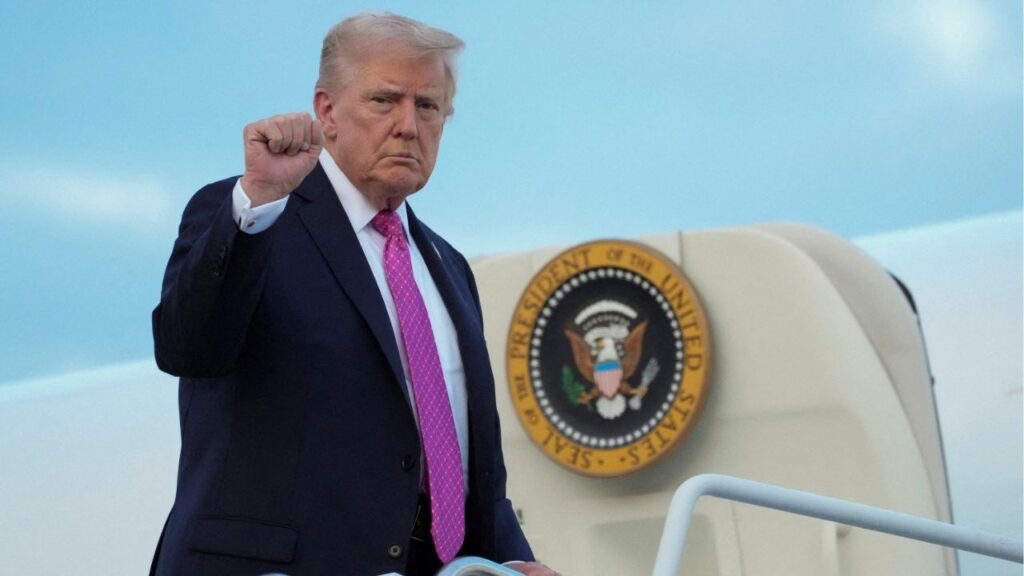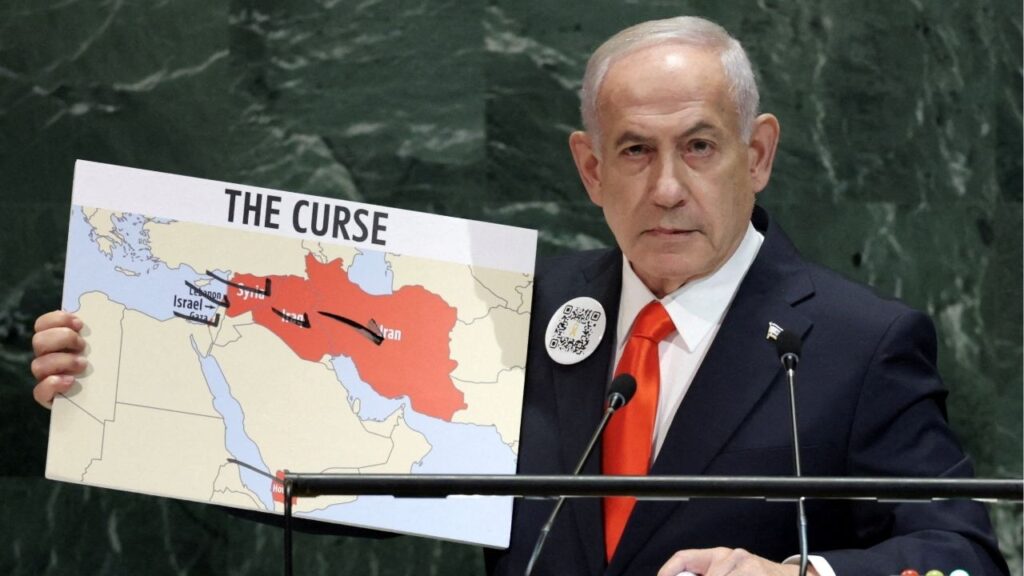Share
|
Getting your Trinity Audio player ready...
|
The Philippines on Monday accused a Chinese coast guard ship of hitting a Philippine coast guard vessel with a military-grade laser and temporarily blinding some of its crew in the disputed South China Sea, calling it a “blatant” violation of Manila’s sovereign rights.
The Chinese ship also maneuvered dangerously close, about 137 meters (449 feet), to block the Philippine patrol vessel BRP Malapascua from approaching Second Thomas Shoal, a submerged reef that has been occupied by Philippine forces, on Feb. 6, the Philippine coast guard said in a statement.
The Philippines has filed nearly 200 diplomatic protests against China’s aggressive actions in the disputed waters in 2022 alone.
China claims the South China Sea virtually in its entirety, putting it on a collision course with other claimants. Despite friendly overtures to Beijing by former Philippine President Rodrigo Duterte and his successor, Ferdinand Marcos Jr., who met Chinese leader Xi Jinping in January in Beijing, tensions have persisted, drawing in closer military alliance between the Philippines and the U.S.
Although the Chinese coast guard had tried to block Philippine coast guard ships in the disputed waters before, this was the first time it used lasers and caused physical suffering among Filipino personnel, Philippine coast guard spokesperson Commodore Armand Balilo told The Associated Press.
Green Laser Light
“The Chinese ship illuminated the green laser light twice toward the BRP Malapascua, causing temporary blindness to her crew at the bridge,” the Philippine statement said.
A video issued by the coast guard in Manila shows a Chinese coast guard ship cutting across the path of a Philippine vessel from a distance. A green laser-like light is later emitted by the Chinese ship.
The Philippine military said it’s time for China to restrain its forces from committing “any provocative act that will endanger the lives of people.” Spokesman Col. Medel Aguilar told reporters that the Philippine defense chief deemed the Chinese coast guard’s action “offensive and unsafe.”
In Beijing, Chinese Foreign Ministry spokesperson Wang Wenbin said a Philippine coast guard vessel trespassed into Chinese waters without permission on Feb. 6. Chinese coast guard vessels responded “professionally and with restraint at the site in accordance with China’s law and international law,” he said, without elaborating and mentioning the use of laser.
“We hope the Philippines will earnestly respect China’s territorial sovereignty and maritime rights and interests in the South China Sea and avoid any actions that may lead to the expansion of the dispute and complication of the situation,” Wang said in reply to a question at a daily media briefing. “China and the Philippines are maintaining communication through diplomatic channels in this regard.”
The Philippine vessel was forced to move away from the area, where it was escorting a supply vessel that was delivering food and sailors to a Philippine navy sentry ship, the BRP Sierra Madre, which has been marooned on Second Thomas Shoal since 1999, the coast guard said.
“The deliberate blocking of the Philippine government ships to deliver food and supplies to our military personnel on board the BRP Sierra Madre is a blatant disregard for, and a clear violation of, Philippine sovereign rights in this part of the West Philippine Sea,” the coast guard said, using the name the Philippines has adopted for the stretch of waters close to its western coast.
It was not immediately clear if the Philippine resupply mission pushed through despite the incident.
The Chinese coast guard also blocked Philippine ships escorting a supply vessel from approaching Second Thomas Shoal in August, the coast guard said. At the time, one of the two Chinese ships that were joined by two Chinese civilian vessels removed the cover of its 70mm armament, the coast guard said, adding it would not be deterred by China’s aggression in protecting Philippine sovereignty in the disputed sea.
Aside from China and the Philippines, Vietnam, Malaysia, Taiwan and Brunei also have overlapping claims in the resource-rich and busy waterway, where a bulk of the world’s commerce and oil transits.
The United States lays no claims to the disputed sea but has deployed forces to patrol the waters to promote freedom of navigation and overflight — moves that have angered Beijing, which has warned Washington to stop meddling in what it says is a purely Asian dispute.
The U.S. Navy and Marine Corps held joint exercises in the South China Sea over the weekend at a time of heightened tensions with Beijing over the shooting down of a suspected Chinese spy balloon. The U.S. has been taking steps to rebuild its military might in the Philippines more than 30 years after the closure of its large bases in the country and reinforcing an arc of military alliances in Asia.
RELATED TOPICS:
Categories

Trump Says Netanyahu Agreed to US-Sponsored Gaza Peace Proposal
















